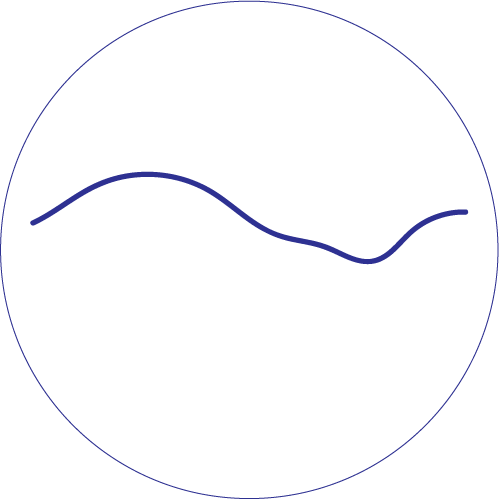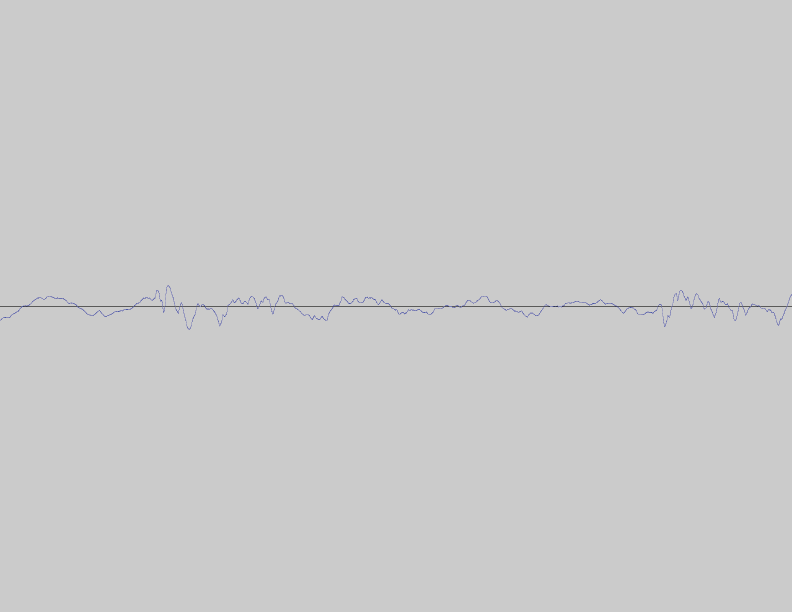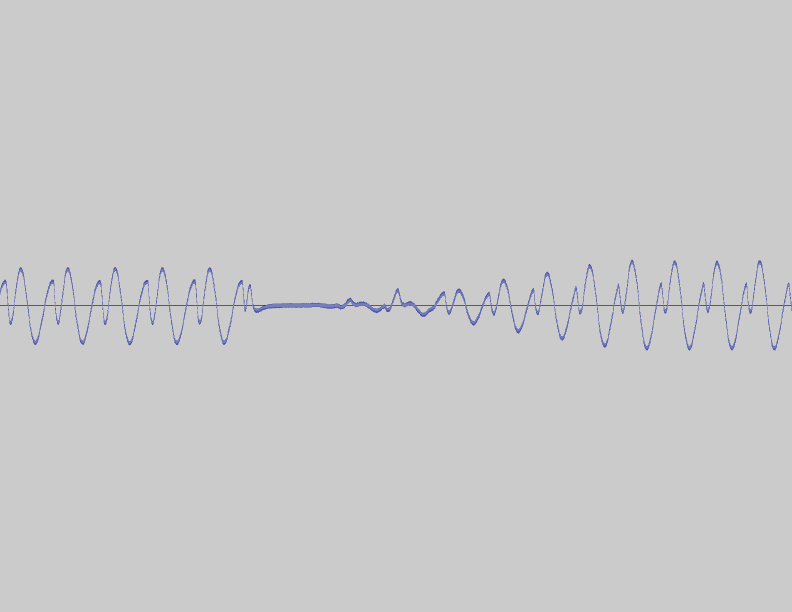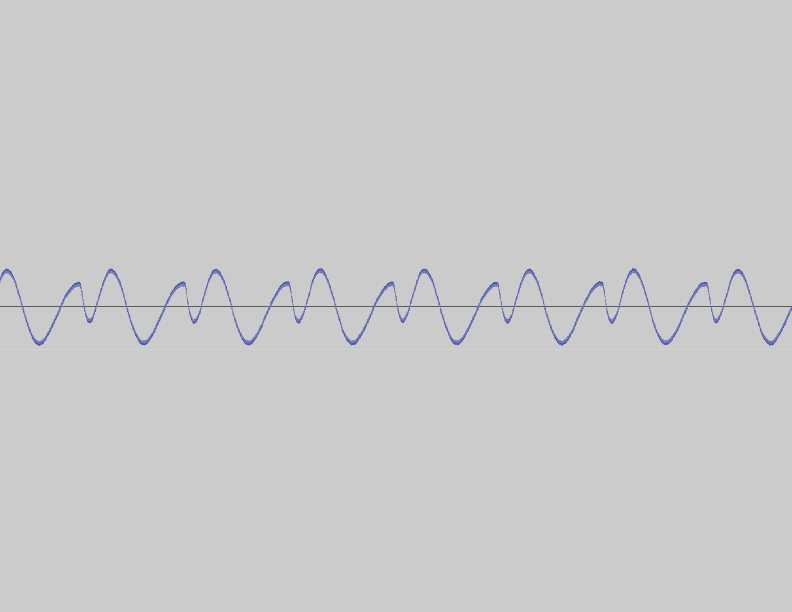The Sum of Magical Thinking [Jared Kelley]
I’ve been reading “The Year of Magical Thinking” by Joan Didion as a primer on loss. I bought it in Powell’s Bookstore in Portland over Thanksgiving and have been digesting it slowly, dragging out the short read over weeks, remembering it’s there and preparing myself to pick it back up. It is not a book you can’t put down and very often you want only to close it and put it away, lock it up and never allow yourself to see it again, but it tells a truth I desperately need to hear and so I can’t resist.
The book opens with Didion abruptly losing her husband to cardiac arrest while her daughter is in the ICU for septic shock from pneumonia. This is the opening and premise for her grief which covers a full range of emotions and realities - dealing with the crisis of her husband dying, attempting to make sense of his death, mourning his loss, reflecting on their life and finding omens of his departure. I find her heartfelt and intellectually earnest descriptions about the loss of her husband both honest and absurd. She talks about the denial of the event - the moment during the autopsy where she believes they’ll discover what’s wrong and be able to fix it and he’ll come back. Then she goes on to experience survivor’s guilt, attempting to retroactively predict the future and change the past, looking for clues as to what he knew and when and where she could have decided their fate in another way.
I’ve been debating why this resonates with me, why I find her lack of understanding of this natural process refreshing and comforting and sometimes even funny. I pin this likely on the fact that I am grossly unprepared to experience loss.
Loss was something I was never told that I would need to understand or accept. Growing up as a Jehovah’s Witness I was taught that I would never die - that the Earth would be destroyed as we knew it and would be restored to another state and all those faithful would go on to live in peace and harmony. I was taught as a child that even if I were to die in this time that we would be brought back in perfect health. Although I left the religion as a teenager the damage was done. I cannot understand or accept death despite its absolute reality.
The deaths of my grandmother, my grandfather, a close teacher, and a friend have all failed to shake or move me. I have faced each death with little more than sadness or ambivalence although I logically know they are gone forever. My lack of access to the experience of grief is a problem - one that I have ignored and avoided with devastating emotional results.
Despite my inability to perceive grief I am also terrified of death. The immense nothing void that is death sometimes sneaks up on me while I’m reading, or taking a shower, or talking to a friend. The thought and concept of what death is hits me abruptly like a blow to the head and I suddenly feel disconnected and unmoored to reality. It fills me with terror and then I push it away and continue on as if it isn’t true. Death is a lie, it isn’t possible. No one ever dies, we just venture off into separate realities.
In my understanding of death I have been hit by twenty cars and all of the planes I have ever flown in have crashed. All of the knives I’ve ever used have implausibly accidentally severed a major artery, every drink is tainted and food is never cooked long enough. We have all died ten thousand times, but in the instant of our death the universe splits and our lives continue in the world where we are still alive - while our loved ones mourn our loss in the less fortunate paradigm. When confronting myself with the reality of death, I look to Feynman and my bastardized understanding of his “sum-over-histories” for comfort. If there are infinite possible configurations of all matter and all of those configurations are possible, then all possibilities exist. I know this is never what he intended, but I can’t help but desperately seek an alternative to the inevitable.
I don’t think that this experience is unique - or at least I believe that there are others who feel this anxiety and terror in the same way I do. I don’t believe that western society has a grasp on the acceptance of death as a general truth of life - but I also don’t believe that I am even poorly prepared as most other people are. I believe that I am completely unprepared.
Didion writes to her terminally ill daughter in the book, “I love you more than one more day.” In context, this is used to say, “Even if you had one more day of life, my earnest love for you will keep you alive.” The hopeful naivety tells me that I am not alone in my apprehensions toward death, but one of us knows we will perish and the other hopes we will not.
| all content is property of the artist |






